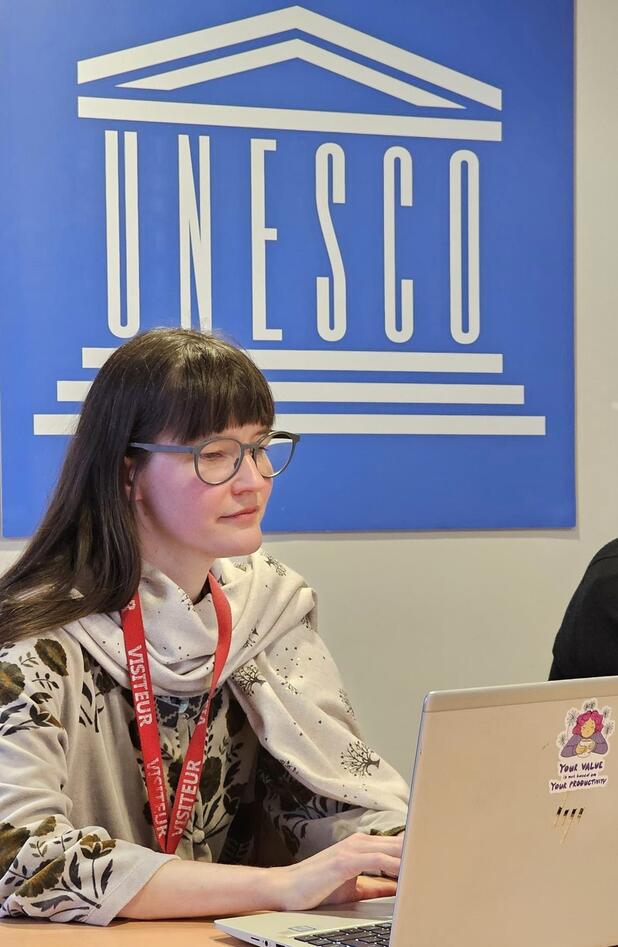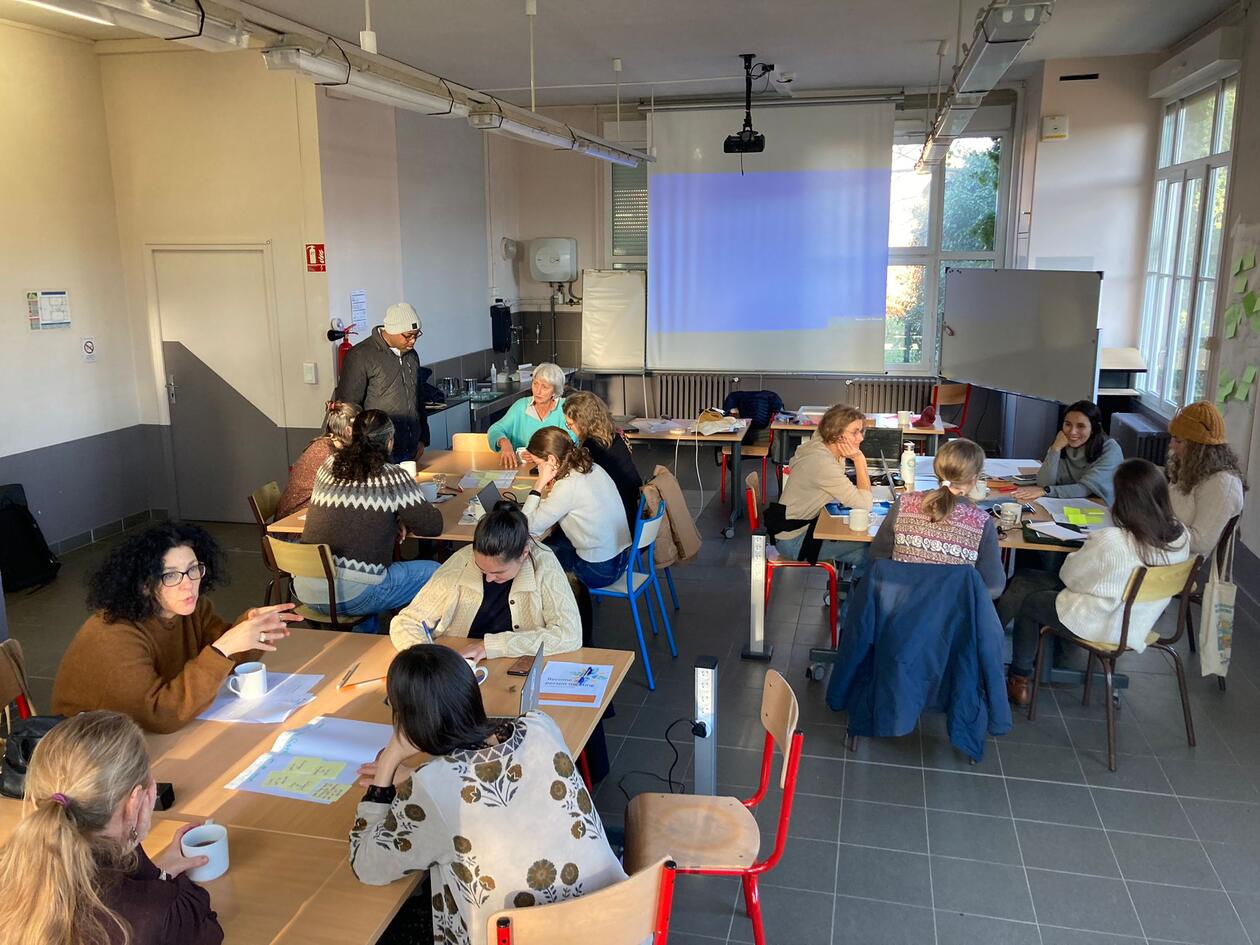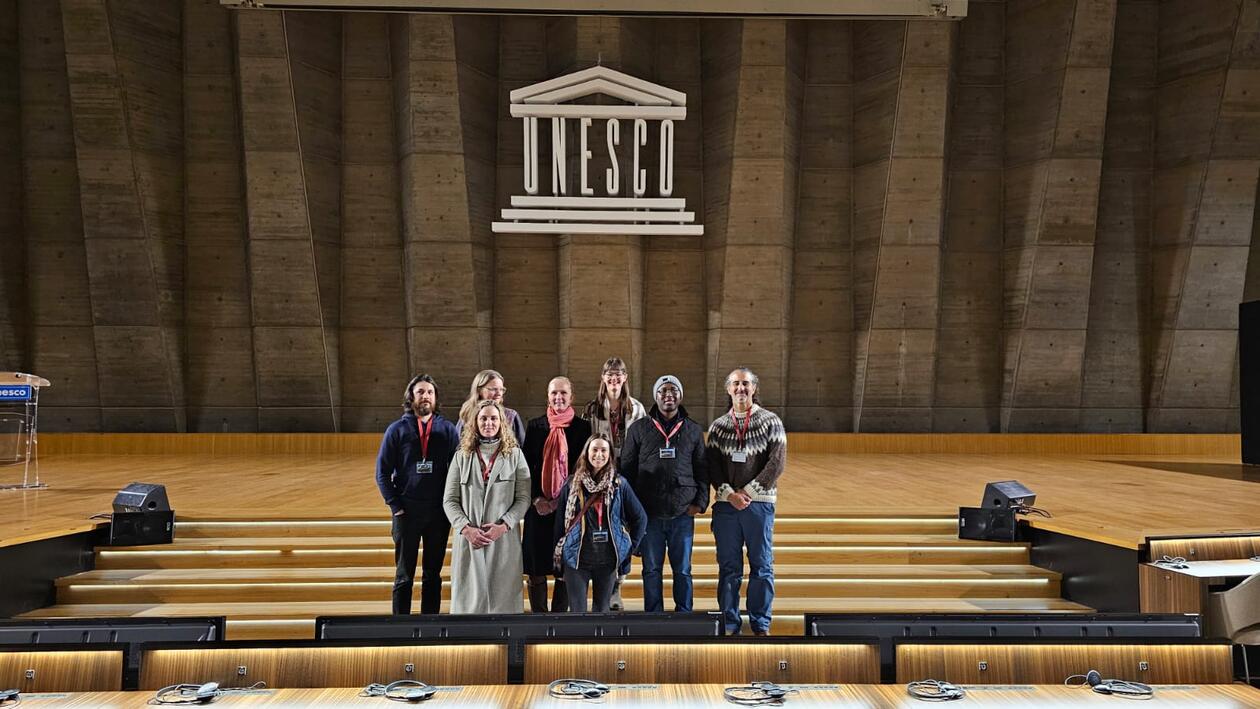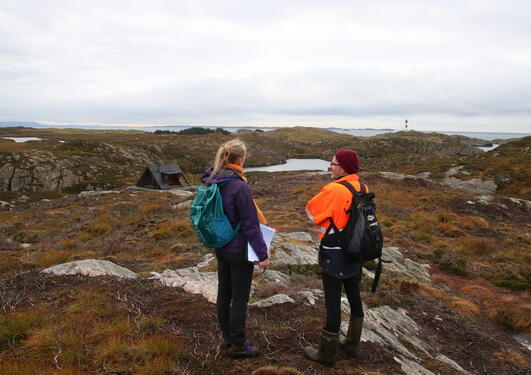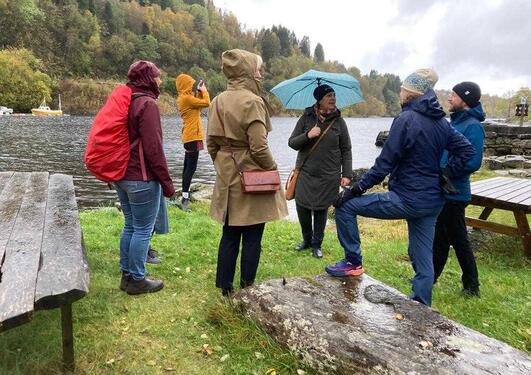BECOME project meets in France
BECOME had its first in-person meeting in France 15-17 January 2024, in Fontainebleau Biosphere Reserve and in Paris.

Main content
BECOME is a transdisciplinary Biodiversa+ project led by Alicia D. Barraclough, working with partners from Canada, Chile, France, Portugal, South-Africa, and Sweden. The goal of the project is to use UNESCO Biosphere Reserves (BRs) as model systems to understand how to manage synergies and trade-offs between conservation objectives and human development through pluralistic and inclusive landscape-scale approaches to conservation. 15-17 January 2024, all project partners met in-person for the first time, during two days with a fairly intensive full-day programme.
The first day started with some team building excersices and activites for getting to know eachother better. There were discussion sessions to create a shared understanding about key project concepts, walking in the beautiful grounds of the Station d'écologie forestière. On the second day the group focused on performing a project temperature check to help identify key next steps, generating an action plan for the work packages and identifying key synergies across the different project aspects.
Generating collective learning and sharing our skills and experiences
During the third day, the group visited Fontainebleau Biosphere Reserve and were welcomed by the Biosphere Reserve management for a short tour of the area. In the afternoon a BECOME delegation visited the UNESCO secretariat. Alicia Barraclough and the rest of the BECOME delegation presented the project to a group of UNESCO and Man and Biosphere Programme (MAB) staff, hosted by Meriem Bouamrane and her team. After the presentation followed a discussion and feedback session to discover synergies between UNESCO MAB's work and the BECOME project plans, to tighten the research-policy links between the two. And of course, the delegation got a tour of the UNESCO Secretariat building and its own special heritage.
Partners agreed on a timeline of key dates for 2024 to work towards, particularly in connection to the implementation of the Global Biodiversity Framework and the work of the Convention on Biological Diversity. The group is writing a report of key meeting outcomes which will be shared on the BECOME website by the end of January 2024.
Read more about the BECOME project here.
